The Council has adopted a regulation updating the EU’s fishing rights for 2022 to incorporate the agreement reached with the UK in December 2021. The regulation sets out the final total allowable catches (TACs) and quotas for member states in the Atlantic and North Sea, taking into account fish stocks subject to bilateral consultations.
Changes to the previous year’s TACs were agreed with the UK in line with scientific advice, and include:
- a 53% decrease for Norway pout in the North Sea
- a 62% decrease for sprat in the English Channel from 1 January – 30 June
- a 70% increase for plaice in the waters around southern Ireland (divisions 7h, 7j and 7k)
- a 92% increase for whiting in the waters west of Scotland (division 6a)
- a 50% increase in the by-catch for northern prawn in the North Sea, to avoid a choke situation
In addition, the regulation sets the fishing opportunities for anchovy in the Bay of Biscay. The final TAC of 33 000 tonnes is divided between Spain (29 700 tonnes) and France (3 300 tonnes). This update also includes the fishing opportunities for sandeel in the North Sea (divisions 2a, 3 and 4), which were established following consultations with the United Kingdom. Based on ICES advice, the quota allocated to the EU for 2022 will be 86 303 tonnes.
Moreover, the temporary EU quota for cod in Spitzbergen (Svalbard) of 4 500 tonnes has been extended until the end of April. This is to ensure that fishing of this stock can continue, pending a common understanding with Norway for the whole of 2022.
Finally, this amendment to the regulation on fishing opportunities takes account of the results of consultations that took place within certain Regional Fisheries Management Organisations (RFMOs), such as the International Commission for the Conservation of Atlantic Tunas (ICCAT), and the Indian Ocean Tuna Commission (IOTC).
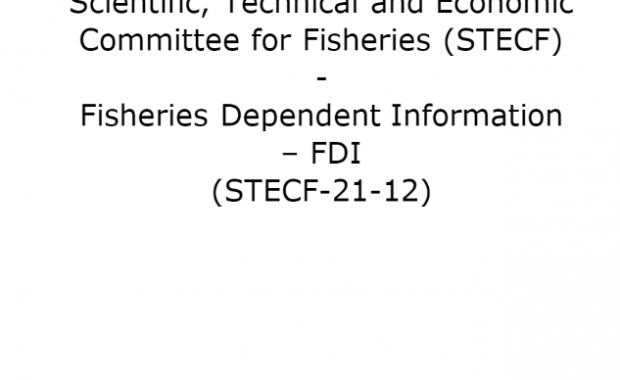
Fisheries dependent information – FDI (STECF-21-12) |
Establishing the final TACs and quotas for 2022
This regulation marks the final step in the annual process of setting fishing opportunities in EU and non-EU waters. It follows on from the political agreement on TACs and quotas reached at the Agriculture and Fisheries Council on 14 December 2021, which was implemented as Regulation (EU) 2022/109. As consultations with the UK were not concluded until 21 December, the initial agreement set out provisional TACs and quotas for relevant stocks under shared management. The present regulation amends Regulation (EU) 2022/109 to take account of the agreement reached with the UK.
Background
Following the UK’s withdrawal from the EU, fish stocks jointly managed by the EU and the UK are considered shared resources under international law. The Trade and Cooperation Agreement (TCA) between the two parties sets out the terms under which the EU and the UK determine their respective fishing rights in the Atlantic and North Sea.
Under the TCA, both parties agree to hold annual talks with a view to determining TACs and quotas for the following year. Consultations are led by the Commission and take into account a number of factors, including:
- international obligations
- the recommended maximum sustainable yield (MSY) for each species, to ensure the long-term sustainability of fishing in line with the common fisheries policy
- the best available scientific advice, with a precautionary approach taken where such advice is not available
- the need to protect the livelihoods of fishermen and women
The Council provides political guidance to the Commission throughout the consultation process and endorses the final agreement.
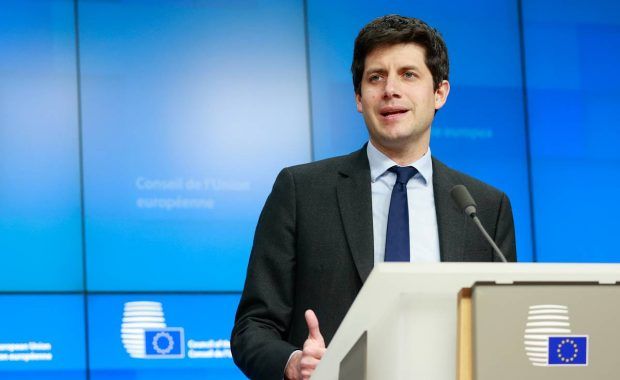
Agriculture and Fisheries Council, 21 de marzo de 2022 |
More information: European Council

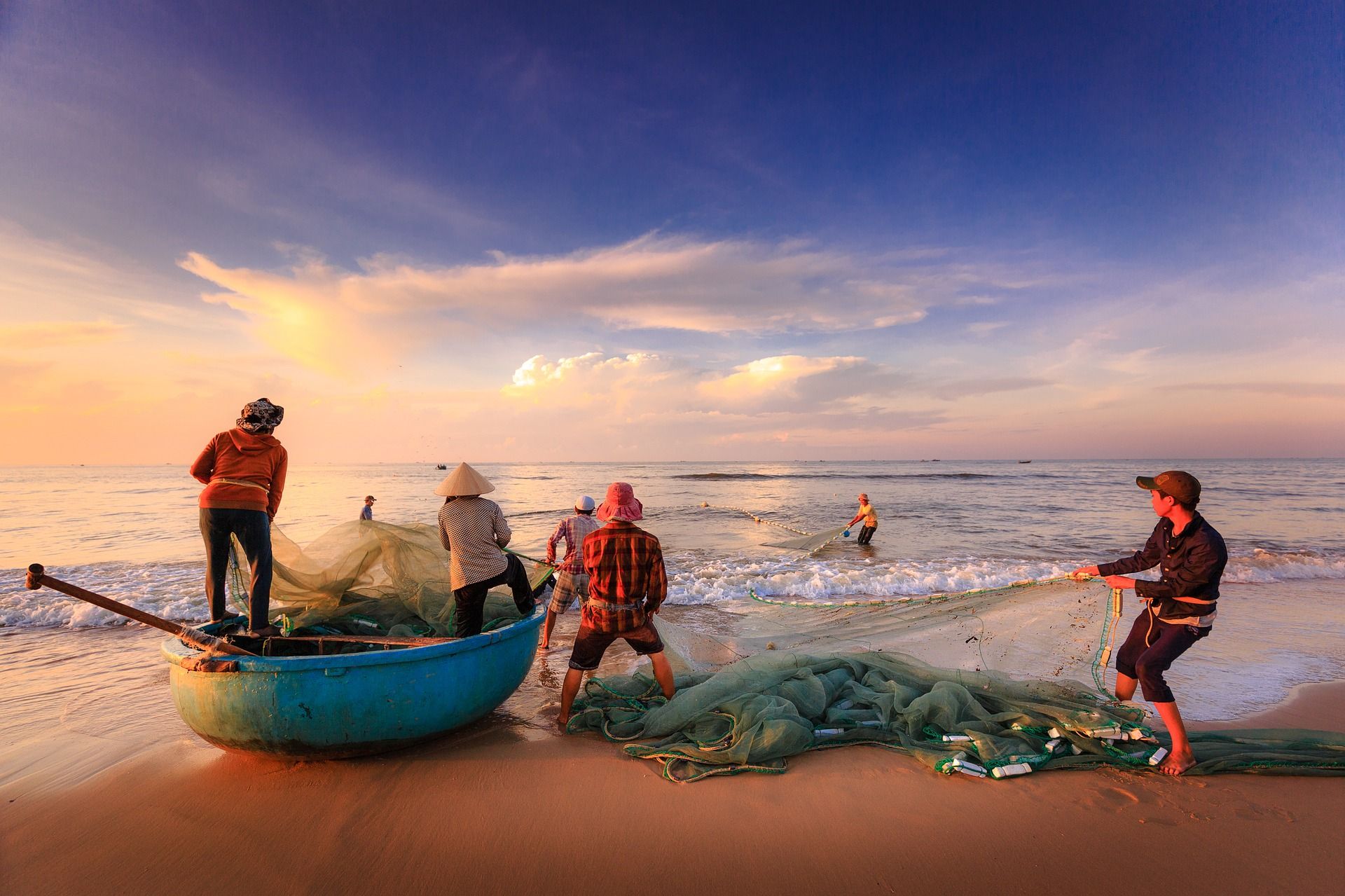
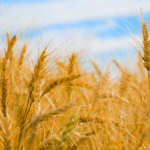
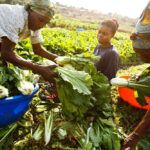
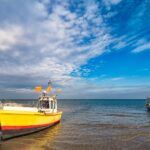
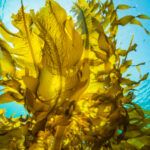
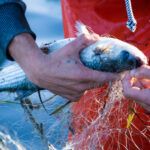
Leave a Reply